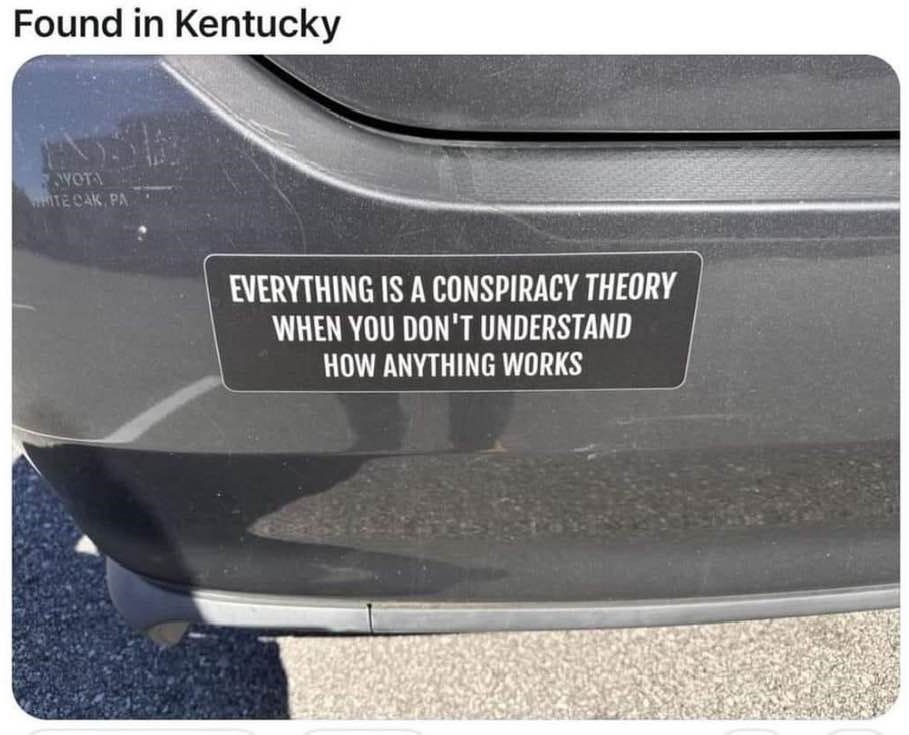The science of prophecy
The existential threat to humanity in this century is climate change. It is estimated that upwards of half a billion people will be displaced by flooding, fires and desertification due to global warming.
But such frightening predictions are based on climate modeling. How reliable are these models? It turns out, remarkably reliable:
“Climate change doubters have a favorite target: climate models. They claim that computer simulations conducted decades ago didn’t accurately predict current warming, so the public should be wary of the predictive power of newer models. Now, the most sweeping evaluation of these older models—some half a century old—shows most of them were indeed accurate.”
*snip*
“The researchers compared annual average surface temperatures across the globe to the surface temperatures predicted in 17 forecasts. Those predictions were drawn from 14 separate computer models released between 1970 and 2001. In some cases, the studies and their computer codes were so old that the team had to extract data published in papers, using special software to gauge the exact numbers represented by points on a printed graph.
“Most of the models accurately predicted recent global surface temperatures, which have risen approximately 0.9°C since 1970. For 10 forecasts, there was no statistically significant difference between their output and historic observations, the team reports today in Geophysical Research Letters.”
50 years of climate models


Not at all how I remember climate model results versus actual change over the last fifty years. However, the doubters lose by a much larger margin in my recollections.
5 reasons why current climate models underestimate extreme weather events
This morning, Copernicus, the Climate Change Service of the European Commission, confirmed that July was by far the hottest month ever recorded. After months of record-breaking temperatures, unprecedented ocean warming, and many rare and devasting extreme weather events, we have officially surpassed the 1.5°C limit for the first time.
With millions of people experiencing the effects of climate change firsthand, many probably wonder if climate change is happening faster than scientists had expected or if the current extreme weather events are more extreme than studies had predicted.
The short answer is no. In fact, the IPCC reports have shown us that models have accurately projected the rise in GHG levels and the global average temperatures. Some impacts, however, are accelerating much faster than expected.
And while current extreme events may reveal some model limitations, they shouldn’t be used to reject the warnings scientists have given us for decades. In fact, scientists have been warning us, in every way they could, that climate change will make our planet warmer, weirder and harder to predict.
Current IPCC climate models have predicted that extreme weather events are more likely to occur and more likely to be severe. But scientists have warned that these models do not give us the full picture and that they are currently underestimating the magnitude and frequency of extreme events and the impact they will have on natural and societal systems.
Scientists have repeatedly stated that current projections aren’t alarmist; they are too conservative still. And if governments and organisations worldwide are going to rely on these models as evidence to support their climate actions, they must be improved. And quickly.
Let’s discuss five reasons why current climate models underestimate extreme weather events…..
{ more at link above }
Are We Underestimating Global Warming?
Why climate scientists are so concerned about aerosols, not just greenhouse gasses.
by Umair Irfan
Sep 27, 2024, 7:30 AM EDT
Last year was the hottest year on record, and this year’s temperatures may reach even higher.
With so many extraordinary heat waves, floods, and storms piling up, one may wonder: Just how much warmer is the Earth going to get?
The answer hinges on two main factors: how much more heat-trapping gasses humans will emit, and how the planet will respond.
Whether humanity continues to dawdle or actually takes aggressive action to cut emissions is the biggest source of uncertainty in the future of the planet since the bulk of the warming we’re experiencing is due to the waste gasses from burning coal, oil, and natural gas. The Intergovernmental Panel on Climate Change (IPCC), the United Nations’s climate science team, has chalked out five scenarios with different levels of action needed from global leaders to curb climate change to plug into its climate models.
On the other side of the equation, scientists have been working to narrow down the scope of possible reactions that the planet has to all of this heating. They’ve been getting better measurements of the Earth’s behavior, refining their physical models of things like rainfall and ocean currents, and designing more sophisticated computer simulations to get a better sense of what complicated reactions could happen and the kind of events that could be put into motion as the planet heats up……
{ more at link }
@rc,
Yeah, if climate models over the years have erred, they’ve erred on the conservative side. The ones I find most interesting are the ones that project multiple paths from slower to rapid, acknowledging the degree of uncertainty.
This post originated as a reply to a climate change troll on another thread who called climate change modeling BS. Know what’s BS? Climate change denialism.
Yes sir; absolutely so.
I’m not sure climate denial is all that important a problem any more. Feels to me that the far bigger controversies are rapidly concentrating on a spectrum of “need to do/how to do/when to do/who pays” issues. Not science here, but my own opinion is that “Green maximalists” like having outright deniers around for tactical messaging reasons.
@Eric,
LOL! I have no idea what a “green maximalist”, but if you look at the “EV fueling ports …” thread, you’ll find an outright denier post. Climate denial is still pervasive in the GOP today. My own opinion is that nobody who cares about global warming wants climate change deniers for tactical messaging reasons.